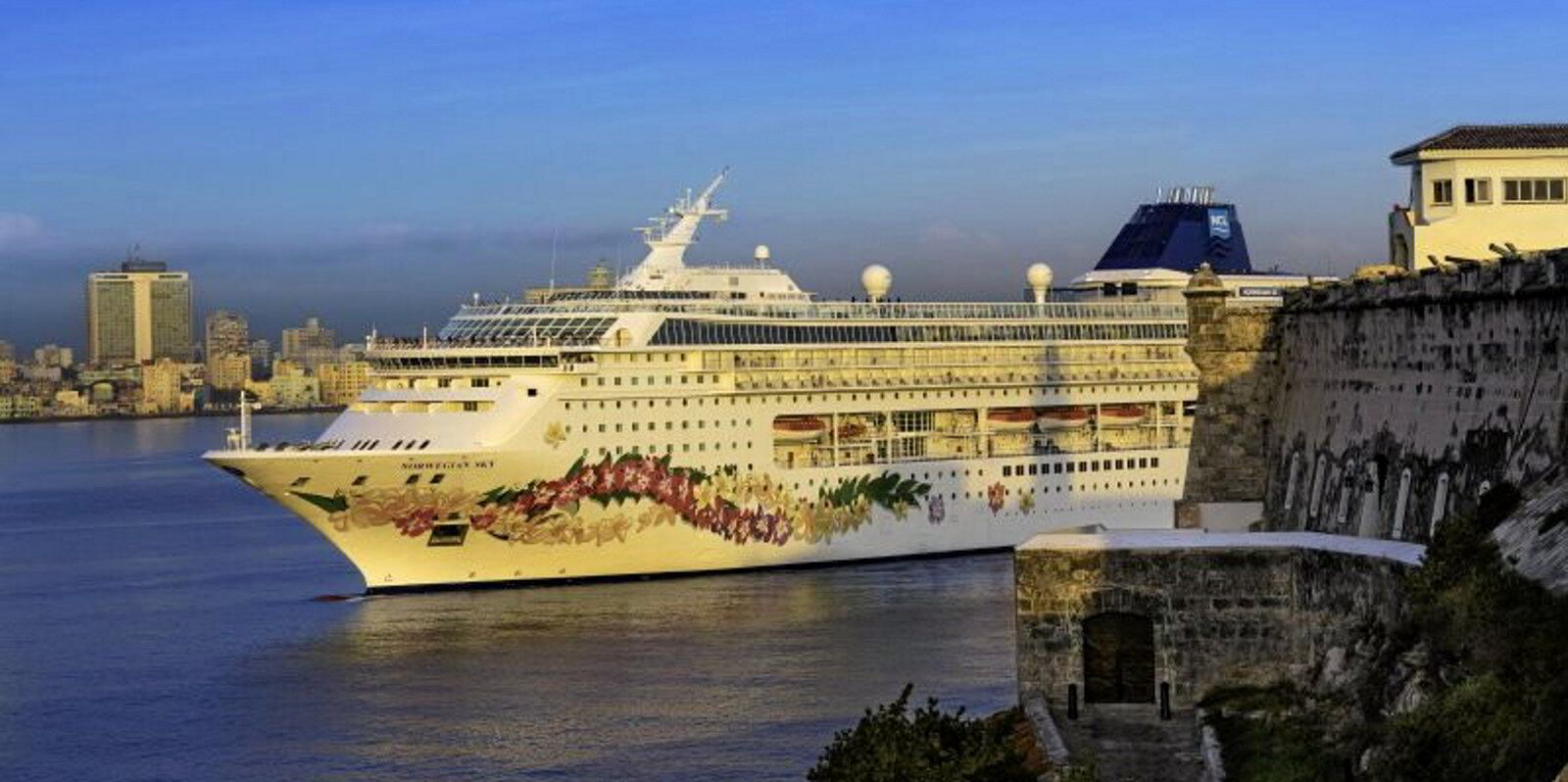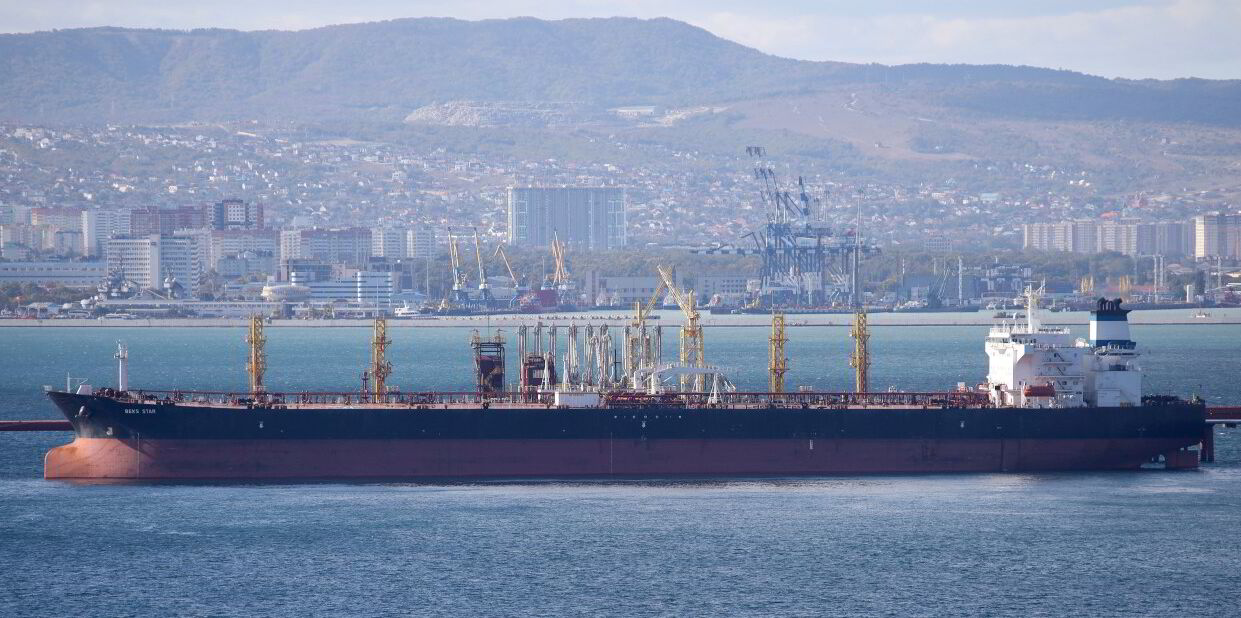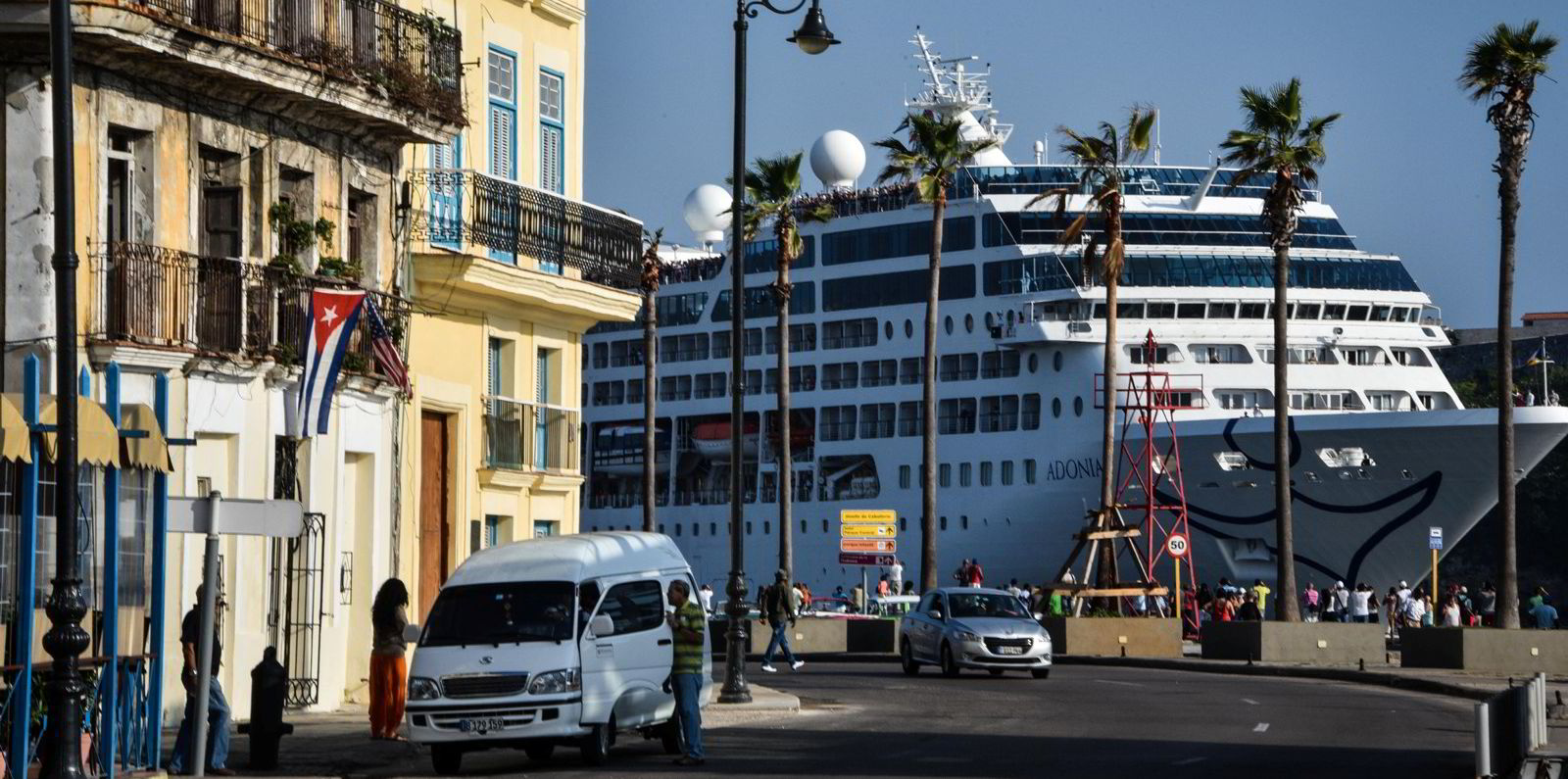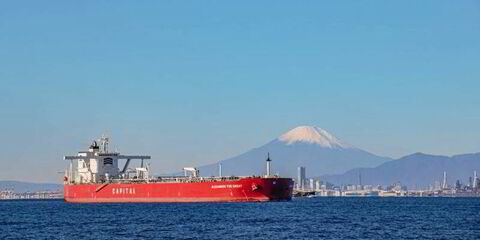The world’s four largest cruise ship operators have scored a court victory that overturns $451m in judgments against them for calling at docks confiscated after the wake of the 1959 Cuban Revolution.
The majority of a three-judge panel of a federal appeals court threw out a Miami judge’s decision in favour of Havana Docks, which had found that their calls in the Cuban capital amounted to “trafficking” in confiscated property.
The company had won the judgments against US-based Royal Caribbean Group, Norwegian Cruise Line Holdings, Carnival Corp and MSC Cruises.
The panel of the US Eleventh Circuit Court of Appeals focused on whether the port calls counted as trafficking under the Cuban Liberty and Democratic Solidarity Act.
Better known as the Helms-Burton Act, the law allows owners of expropriated property to sue those who used it.
In an opinion written by US Circuit Judge Adalberto Jordan, the court found that Havana Docks’ interest in the Cuban terminal property had expired.
“When that concession expired in 2004, any property interest that Havana Docks had by virtue of that concession ended,” the Cuban-born judge wrote.
“Thus, the cruise lines’ conduct from 2016 to 2019 did not constitute trafficking in Havana Docks’ confiscated property.”
Circuit Judge Andrew Brasher cast the lone dissenting vote in the decision.
He noted that the Helms-Burton Act allows recovery for any “property which was confiscated” and he argued that nothing in the statute requires that the property interest is current.
“The majority opinion is wrong,” he wrote bluntly.
“The Cuban government ended Havana Docks’ concession in 1960 when that concession still had 44 years left to run.
“The majority’s counterfactual analysis — asking what would have happened to Havana Docks’ docks if they had not been confiscated in 1960 — is incompatible with the text of the act and undermines its remedial purpose.”
The cruise giants’ ships began calling at what is now the Havana Cruise Port Terminal after the government of then-president Barack Obama eased sanctions on Cuba in 2016. His successor, Donald Trump, closed that window three years later.
In the legal battle launched by Havana Dry Docks, US District Judge Beth Bloom issued a summary judgment to the company in January 2023, ruling that the cruise lines committed trafficking when using the terminal.
Bloom, of the Miami-based US District Court for the Southern District of Florida, found each of the four lines had to pay between $112m and $113m in damages — leading the quartet to appeal.
But Havana Docks, a US-registered company, did not own the terminal property.
Instead, it had a 99-year concession that would have ended in 2004 if the regime of Fidel Castro had not expropriated it in 1960.
The 11th Circuit decision did not end the case, as the appeals court sent the case back to Miami for a decision on the use of the Havana dock by Carnival’s Airtours and Costa Cruises between 1996 and 2001.(Copyright)






